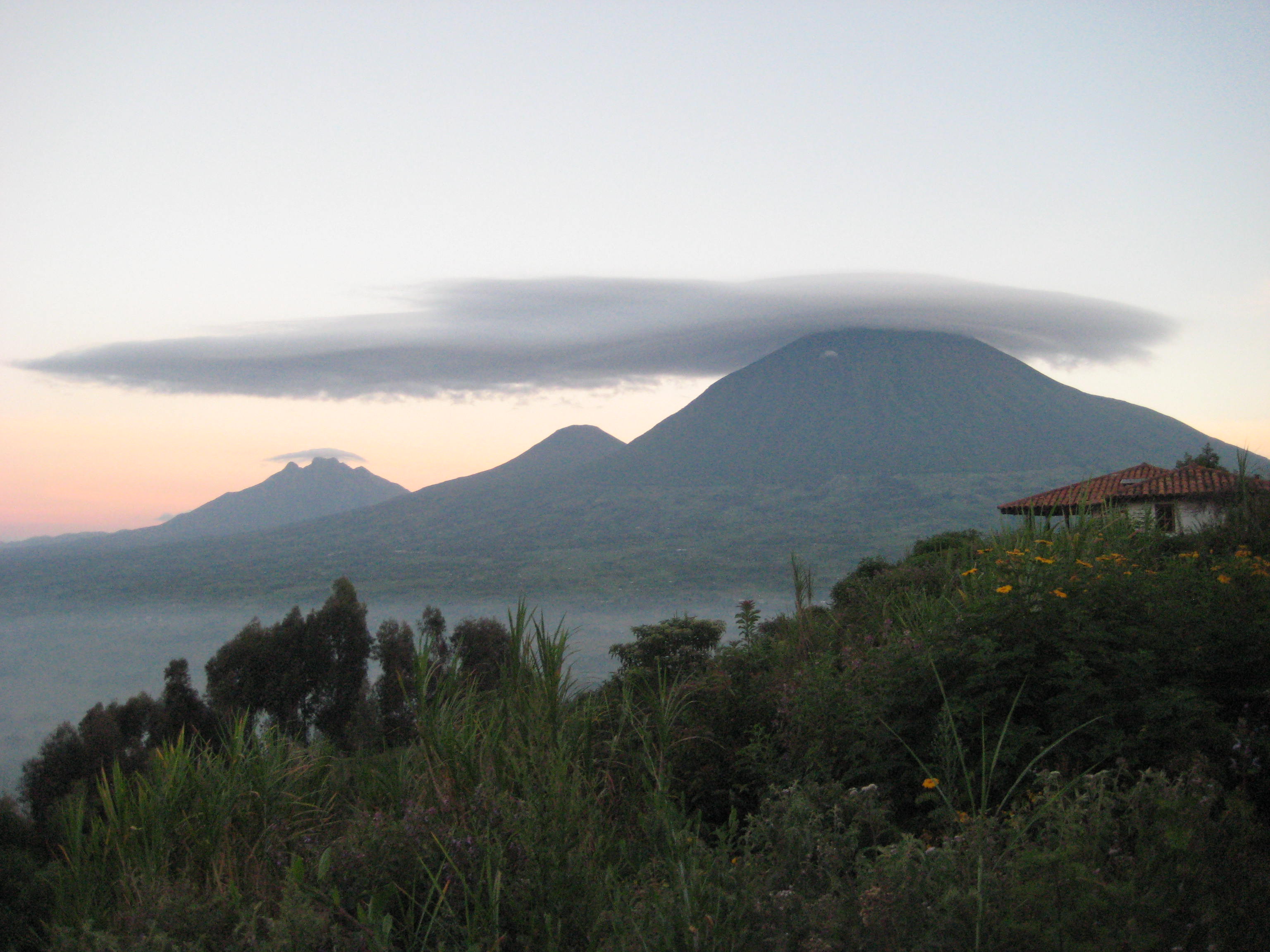
Today, we flew from Nairobi to Kigali, and from my point of view, it was entering a different world. There is no question that the economies of East African countries are inextricably linked – we passed a bus traveling from the Congo to Nairobi on the only road that connects this vast African interior to a port – but the cultures are extremely different.
Rwandans and Ugandans (Hutus, Tutsi, Bugandans and others) have lived in this interior of Africa around Lake Victoria for almost 1500 years. There is evidence that iron ore cultures developed in Rwanda in the 6th Century before they did in Europe.
Kenyans and Tanzanians, with a few important exceptions such as the coastal cultures, are all relatively new arrivals when compared to Rwandans and Ugandans. The Nilotic cultures, such as the Maasai, may have arrived only as recently as 350 years ago.
I think this has led to a fundamental difference in how colonialism effected these areas. Kenya and Tanzania are in many ways as European and colonial, now, as their conquerors were hardly a century ago. Many of the problems they face, such as corruption, poverty and political maturity, are addressed just as their colonial masters did.
As foreigners immigrating to a new land they were as impressionable as a culture as a recent immigrant to the United States. Extremely quickly they adopted the characteristics of their new culture : in this case as their colonizers.
Kenyans and Tanzanians are open, critical, often blunderbusses when trying out new ideas, very capitalistic and like their colonizers, proud of power. Nairobi’s three daily newspapers and two highly competitive TV channels – not to mention the increasingly popular talk radio channels – uncover the tiniest piece of dirt they can find and give no quarry to the offenders.
Ugandans and Rwandans are 180-degrees different. They evince that patience (wrongly called “fatalism” by many early observers) that can be so infuriating to high-tech, modern world people like my fellow Americans… and, for that matter, Kenyans and Tanzanians.
Ugandans and Rwandans are practical to the point of enslavement. Whether it is the Chinese building roads in Rwanda or oil companies encroaching on Ugandan national parks, there is simply no sense of urgency in evaluating long-term effects. They’ve been around for millennia – what could possibly go wrong?!
This passivity and patience is what leads the Ugandan and Rwandan into the incessant ethnic conflict the greater world simply will not ignore any longer. They are easily led and easily misled. While the brazen if rash moves by Kenya and Tanzania – spearheaded mostly by the youth – is what leads these folks into their violent confrontations.
So to an outsider seeing only the outcomes, it all seems the same. But it isn’t at all. As we drove from the Norfolk in the morning to the airport in the opposite direction of Nairobi’s unbelievable traffic congestion, I saw road rage bubble up from impatience with traffic signals, patient if overworked policemen wink at me in a gesture of absurdity, ridiculously happy street vendors smiling as they walked through lines of traffic hawking sun glasses, maps, scratch pads and even vacuum cleaners! It was chaos to be sure, but not out of control and fired by real personal enthusiasm and ambition, and I think, optimism.
But as we drove from Kigali to Parcs de volcans near the Congolese border I saw a placid, peaceful land. But it was so clear that what I was seeing was the tightly organized surface tension of a troubled culture unable to carry its thousand years of social organization into the modern world.
Kigali’s traffic lights all work and everyone obeys them. When we all left our car, no one bothered to lock the doors. Compared to Kenya and Tanzania crime hardly exists in Rwanda, because the punishments are so harsh. Indeed, an American lawyer who flew into the country to defend a current presidential candidate against charges of treason was imprisoned, because his client had been charged with denying the genocide.
This type of social control – mostly through fear and innuendo rather than clear law – is what people of my generation ascribed to the early socialist experiments in Russia and China. Yet defenders of those old regimes claim even today that it kept the peace.
Peace vs. Freedom. Tranquility vs. Ambition. There’s no easy choice, here, although my own cowboy genes lean towards Freedom and Ambition, Kenya and Tanzania.
HI Jim,
Well stated. Having lived in Rwanda for only brief stretchs, never longer than 2 weeks, I am astonished by the tranquility of the land and its people. The manner in which this has evolved in the post-genocide era is fascinating and woefully under-reported. It is hard to find well researched histories of the post-genocide era. The current government has been successful in so many ways but its methods can surely be debated. I look forward to discussing it with you soon.